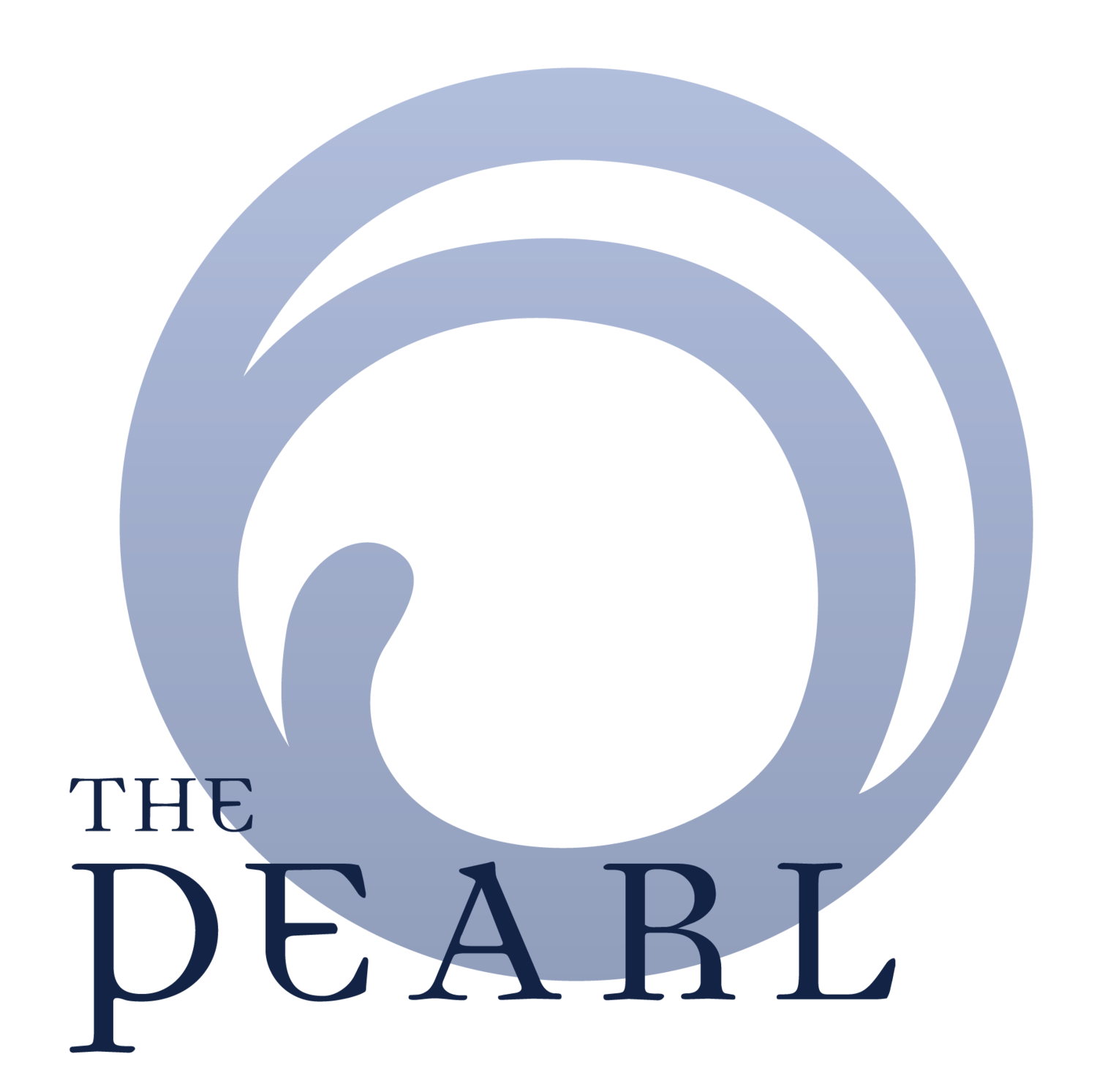When the Pollen Comes 'A Callin'!
"Are you ok? You look tired.” Thanks, Janet. Nope, I’m fine, just having my face attacked by tiny razor sharp shards of nature’s beauty. If you live in the Willamette Valley of Oregon, this probably feels familiar.
Jokes aside, being an allergy sufferer can be very challenging. Depending upon your symptoms, it could range from being a minor nuisance to seriously impacting your daily life. Allergies can disrupt sleep patterns, leaving us feeling tired, irritable, and less effective with the necessaries of our daily lives. The need to constantly monitor pollen counts, avoid triggers, and manage symptoms can be exhausting and overwhelming. Oh the envy of someone who can exist in our world of pollen unaffected.
Managing allergy difficulties is especially rough during the spring and summer months in the Pacific Northwest. I love the magnificent majesty that is Oregon. As the season changes, so do the allergens in the air, triggering symptoms such as sneezing, itching, and congestion for many of us; sometimes I have to go inside to breathe better or stop clawing at my face, despite wanting to enjoy a picnic or walk about on a sunny afternoon.
Despite these challenges, here are several ways to improve allergies in the PNW during spring and summer, making the season more enjoyable for those affected.
1) Monitor Pollen Counts: Keep an eye on pollen counts in your area, which can fluctuate depending on the weather and other factors. Knowing what’s in the air and when is your first line of defense. You can use websites or apps that provide daily pollen counts to plan your outdoor activities accordingly. On high pollen days, consider staying indoors or taking allergy medication before heading outside. Oregon Allergy Associates, local to Eugene, is one of about 50 monitoring stations across the country and provides daily pollen counts. You can find their pollen counts here. Pollen counts will tell you what’s in the air and at what quantities, so you can be on guard when your allergens are present!
2) Limit Outdoor Activities: Try to limit outdoor activities, especially during peak pollen times, such as early morning and windy days. If you do need to be outside, wear a pollen mask to reduce your exposure to allergens. Shower and change clothes after being outdoors to remove pollen from your skin and hair.
3) Keep Windows Closed During the Warm Part of the Day: While it may be tempting to open windows to let in fresh air, this can also let in pollen and other allergens. The cool damp early morning air, albite colder is a great alternative to freshen the house. Or when using air conditioning with a clean filter to cool your home and reduce indoor pollen levels. Consider using a high-efficiency particulate air (HEPA) filter to further improve indoor air quality.
4) Wash Your Face. If you’re experiencing allergy symptoms, giving your face a little wash, taking a quick shower, or cleaning your eyes and eyelids with a wet wipe can do wonders. They even make eye cleansing wipes just for this purpose. Tiny pollen clings to your tiny body hairs and can continue to wreak havoc long after exposure, especially on the face near the eyes and nose. Ditching the little suckers can make a world of difference.
5) Get your Paws on Some Raw Local Honey: Consuming hyper-local, raw honey may help desensitize your body to the pollen in your area, potentially reducing your allergic response. It's believed that by ingesting small amounts of local pollen regularly, your body may become less sensitive to it over time. This is based on homeopathic medicine principles of low level toxin exposure to amplify your body’s own healing response.
6) Wild Harvest or Buy Nettle Leaf: Nettle leaf, often taken as a tea or supplement, is a natural antihistamine and may help reduce allergy symptoms. It can be particularly effective for seasonal allergies when taken regularly before and during allergy season.
7) Saline Nasal Rinse. Use a saline solution to rinse your nasal passages, which can help remove allergens and mucus, reducing congestion and inflammation.
8) Wet Sauna or Steam Inhalation on the stove (safely of course). Inhaling steam from a bowl of hot water or a steamy shower can help clear nasal passages and relieve congestion.
9) Fill That Water Bottle. Drink plenty of water to help thin mucus and keep nasal passages moist, which can reduce congestion and irritation.
10) Better Living Through Chemistry. Gone are the days of the most effective allergy medications being prescription only. A wide variety of effective allergy medications are available at affordable prices over-the-counter. Consult your doctor for the best options for you.
By taking some of these steps, allergy sufferers in the PNW can help manage their symptoms and enjoy the beauty of spring and summer in our beautiful region
May some of these gems allow you to rest a little more easy! Knowing I have tools in my back pocket helps ease my mind when I’m noticing I’m not feeling so great. Carving out just a few minutes in your day to care for yourself can make the difference between a day of misery or an enjoyable one!




